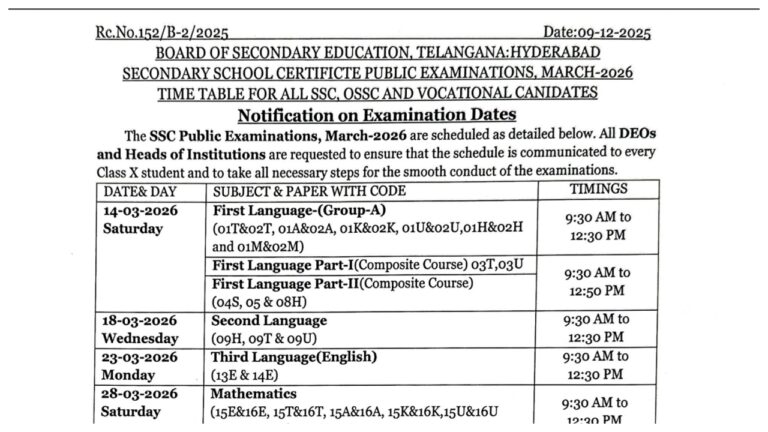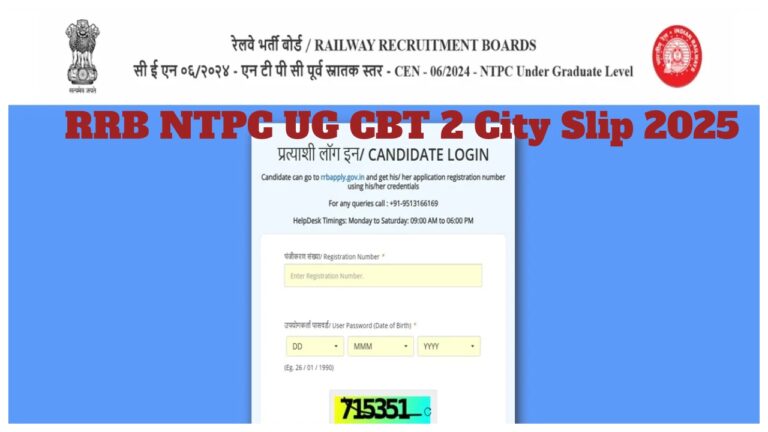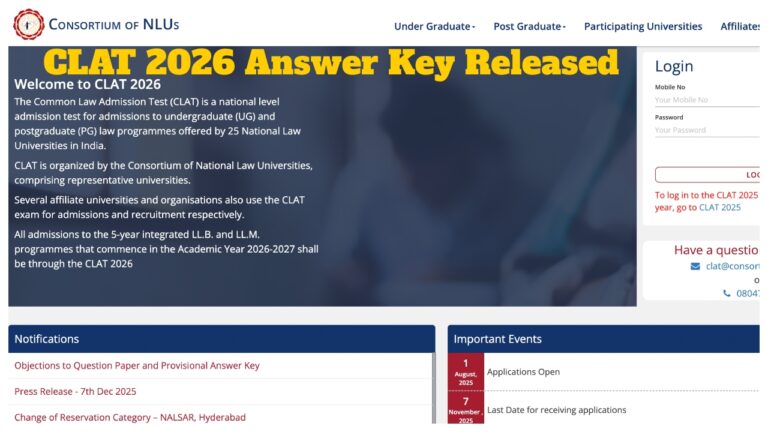If you have received a message from your insurance company saying that your health insurance premium is going to increase, you are not alone. If you haven’t received any such message yet, you will likely get it soon. Rising medical inflation and claim settlements have forced the insurance industry to increase health insurance premiums. In this article, we will share all the details regarding this matter.
Premium Increased Last Year, Set to Rise Again This Year!
A recent survey by Local Circles revealed that personal health insurance premiums have been on the rise. This year, 52% of respondents reported a 25% increase in their premiums compared to last year. Out of 18,067 people surveyed, 27% said their premium had increased by 0-25%, while 14% reported no increase. The rest did not provide a clear response.
Premiums Likely to Increase by 5-18%
Nikhil Jha, founder of Hercules Insurance Advisors, predicts that most insurance companies will raise their premiums by 5-18% in the coming months. He mentioned that policies like Niva Bupa’s Resure 2.0, Care Supreme Health Insurance, and Star Health’s Family Health Optima Insurance Plan saw increases last year. In some cases, premiums jumped sharply by 60-70%.
Amit Chhabra, Chief Business Officer at Policybazaar, explained that while premiums have risen for two consecutive years, they are still reasonable on a compound annual growth rate (CAGR) basis. He also noted that medical inflation, rising by 15% annually, and increasing health issues are contributing factors.
How to Deal with Rising Premiums?
1. Opt for Multi-Year Policies
Nikhil Jha suggests buying multi-year health insurance policies, where you can pay premiums for up to five years in advance. These plans often come with long-term discounts of up to 10%. For instance, HDFC Ergo offers such discounts for two-year policy terms.
2. Look for Premium-Locking Policies
Some insurers offer policies where the premium is locked if no claims are made. This means the premium remains calculated based on the entry age, making these policies particularly beneficial for younger individuals.
3. Understand the Risks of Long-Term Policies
While multi-year policies offer benefits, Jha warns of potential drawbacks. If an insurer changes the terms and conditions, policyholders have limited options to exit. Additionally, calculating no-claim bonuses can be more complicated in long-term policies, as noted by HDFC Ergo.
By considering these strategies, you can manage rising health insurance costs more effectively.










